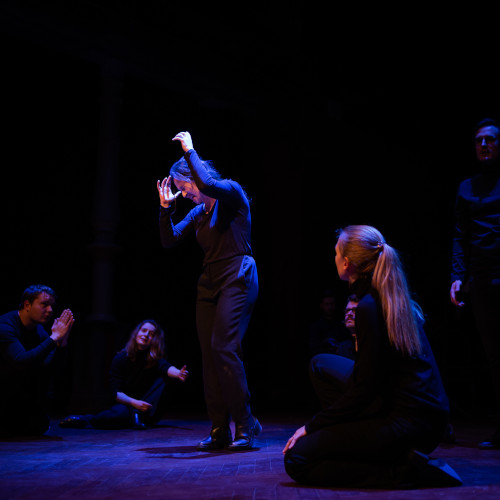Upcoming Concerts

Dido and Aeneas
-
23rd, May 2026 7:00 PM - Leipzig, Schaubühne Lindenfels
-
24th, May 2026 7:00 PM - Leipzig, Schaubühne Lindenfels
- Henry Purcell - Dido and Aeneas
- Adraen Mocanu (UKR) - Fever 105° (Uraufführungen)
Purcells Meisterwerk in einer packenden Neuinterpretation mit Uraufführungen von Adrian Mocanu vor dem Hintergrund des Ukrainekriegs. Der russischstämmige Regisseur Sergei Morozov inszeniert die Symbiose aus Barockoper und subtilen zeitgenössischen Klängen in ebenso zarten wie drastischen Bildern in der Schaubühne Lindenfels. Assoziationen an eine vom Krieg traumatisierte Gesellschaft, Menschen, die sich in der U-Bahn verschanzen und trotz aller Verzweiflung die Hoffnung nicht aufgeben, entstehen und lassen das Publikum für 1,5 Stunden tiefste Emotionen und erschütternde Musik erleben.
